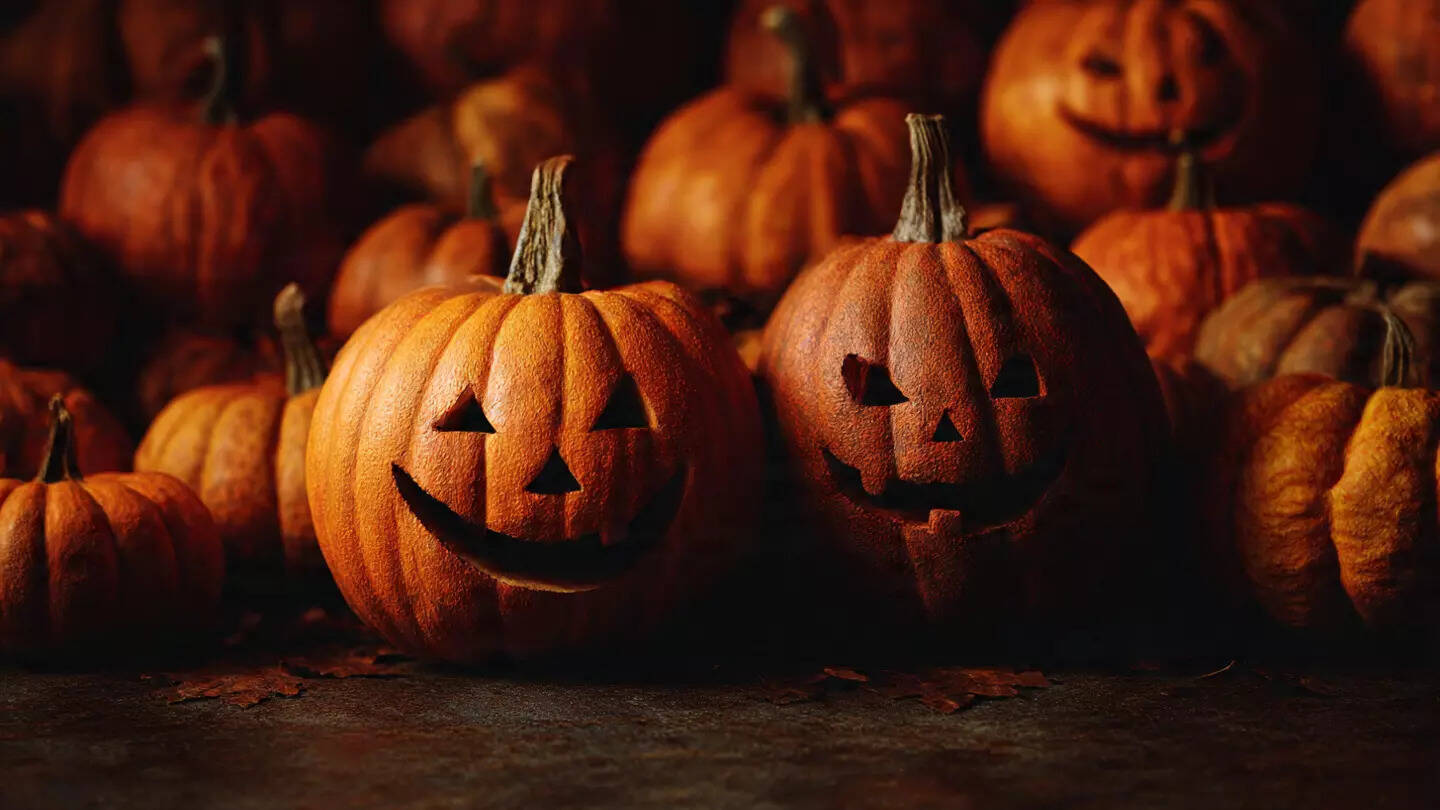The Surprising Reason We Carve Pumpkins On Halloween
Carving pumpkins is one of the most recognised Halloween traditions, but have you ever wondered why it started? The practice has roots in folklore, symbolism, and practical uses that go back centuries.
Origins of Pumpkin Carving
Pumpkin carving originates from an Irish legend about Jack, a man who tricked the devil. According to the story, Jack was denied entry to both heaven and hell after he died. He was doomed to roam the earth with only a burning coal inside a carved turnip to light his way. People in Ireland began carving turnips and other vegetables to ward off evil spirits.
Why Pumpkins?
When Irish immigrants came to North America, they discovered that pumpkins were larger and easier to carve than turnips. Over time, pumpkins replaced turnips, becoming the symbol we know today. The bright orange colour of pumpkins also makes them visually striking, especially when lit from within.
Symbolism Behind the Tradition
Carving pumpkins, also called Jack-o’-lanterns, symbolises protection from evil spirits. Placing them outside homes is believed to scare away harmful spirits during Halloween. The practice combines fun, creativity, and superstition in one activity.
Modern Pumpkin Carving
Today, pumpkin carving is mostly a fun family activity. People create intricate designs, from scary faces to detailed patterns, and use candles or LEDs inside the pumpkins. Pumpkin carving has become a cultural activity, featured in festivals, competitions, and home decorations.
In some regions, carved pumpkins are also associated with harvest celebrations, connecting Halloween to the broader theme of autumn and abundance.

Origins of Pumpkin Carving
Pumpkin carving originates from an Irish legend about Jack, a man who tricked the devil. According to the story, Jack was denied entry to both heaven and hell after he died. He was doomed to roam the earth with only a burning coal inside a carved turnip to light his way. People in Ireland began carving turnips and other vegetables to ward off evil spirits.
Why Pumpkins?
When Irish immigrants came to North America, they discovered that pumpkins were larger and easier to carve than turnips. Over time, pumpkins replaced turnips, becoming the symbol we know today. The bright orange colour of pumpkins also makes them visually striking, especially when lit from within.
Symbolism Behind the Tradition
Carving pumpkins, also called Jack-o’-lanterns, symbolises protection from evil spirits. Placing them outside homes is believed to scare away harmful spirits during Halloween. The practice combines fun, creativity, and superstition in one activity.
Modern Pumpkin Carving
Today, pumpkin carving is mostly a fun family activity. People create intricate designs, from scary faces to detailed patterns, and use candles or LEDs inside the pumpkins. Pumpkin carving has become a cultural activity, featured in festivals, competitions, and home decorations.
Fun Fact
In some regions, carved pumpkins are also associated with harvest celebrations, connecting Halloween to the broader theme of autumn and abundance.
Next Story